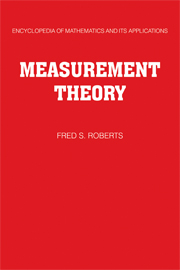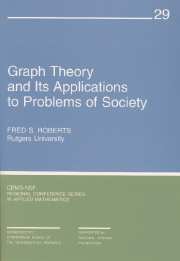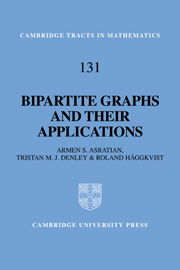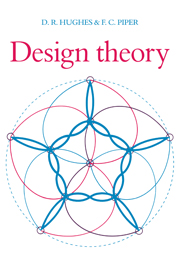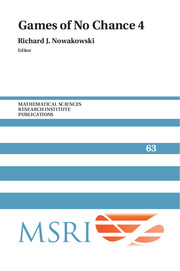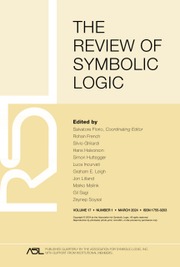Measurement Theory
This book provides an introduction to measurement theory for non-specialists and puts measurement in the social and behavioural sciences on a firm mathematical foundation. Results are applied to such topics as measurement of utility, psychophysical scaling and decision-making about pollution, energy, transportation and health. The results and questions presented should be of interest to both students and practising mathematicians since the author sets forth an area of mathematics unfamiliar to most mathematicians, but which has many potentially significant applications.
Reviews & endorsements
Review of the hardback: '… superbly well done, and that it should serve handsomely as the introduction to the theory of measurement for many years to come.' Bulletin of the American Mathematical Society
'… can be used as a textbook for mathematicians who are interested in applications of algebraic functions theory.' Zentralblatt MATH
Product details
March 2009Paperback
9780521102438
444 pages
234 × 23 × 156 mm
0.62kg
Available
Table of Contents
- Introduction
- 1. Relations
- 2. Fundamental Measurement, Derived Measurement, and the Uniqueness Problem
- 3. Three Representation Problems: Ordinal, Extensive, and Difference Measurement
- 4. Applications to Psychophysical Scaling
- 5. Project Structures
- 6. Nontransitive Indifference, Probabilistic Consistency, and Measurement without Numbers
- 7. Decisionmaking under Risk or Uncertainty
- 8. Subjective Probability.

